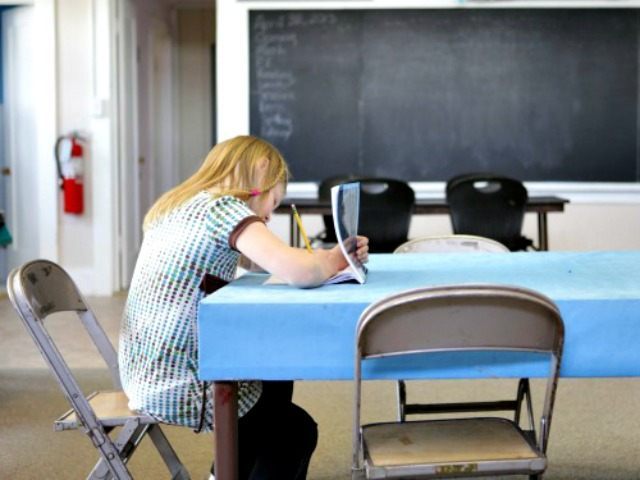A team of cognitive psychologists have discovered a clever way to improve performance on challenging tasks: give people their maximum reward up front and deduct from it with each mistake. That is, when we presume people will live up to our best expectations, punishment ends up being a better strategy than reward.
The strategy exploits a unique fact about motivation: humans are generally motivated more by loss than gain.
The theory is based on famous experimental studies on the so-called “endowment effect,” which finds that people demand higher prices to sell an item than to purchase it. That is, when people are given a good (like a free mug), they get attached to it and desire more money to let it go than they would pay to have it in the first place (i.e. they might want $5 to sell a mug but would only pay $3 to buy it).
More recent research on the endowment effect found that teachers were better at improving their students’ test scores if they were given their entire bonus pay up front, but suffered deductions for failing to meet their goals (as opposed to giving them more money as students got closer to their performance goals).
In the most recent study, a team at the University of Washington found that participants were less error prone in a challenging game when researchers deducted money from their reward pot, rather than when more money was given each time they got an answer right [PDF]. Specifically, participants were shown randomly flashing lights from the right and left side of a screen and challenged to count which side had more blinks (so, if the left side had 56 blinks and the right side had 44, the left side was the correct answer).
When given a reward, participants became risk-averse
Rewarded participants were more likely to choose the side they had previously guessed, even though each round of the game was completely independent from the past.
However, in the punishment condition, when participants lost money, they were less likely to be biased toward choosing their previous answer — and, hence, were better at guessing correctly.
“Objectively, you’d think that winning 25 cents would have the same magnitude of effect as losing 25 cents, but that’s not what we find,” explained lead author and graduate student at the Washington University School of Medicine, Jan Kubanek.
The applications of this research are limitless: managers could give employees their annual bonus up front, doctors could promise patients early deductions on health costs for being healthy, or app makers could design incentive systems where users get all the goodies first.

COMMENTS
Please let us know if you're having issues with commenting.